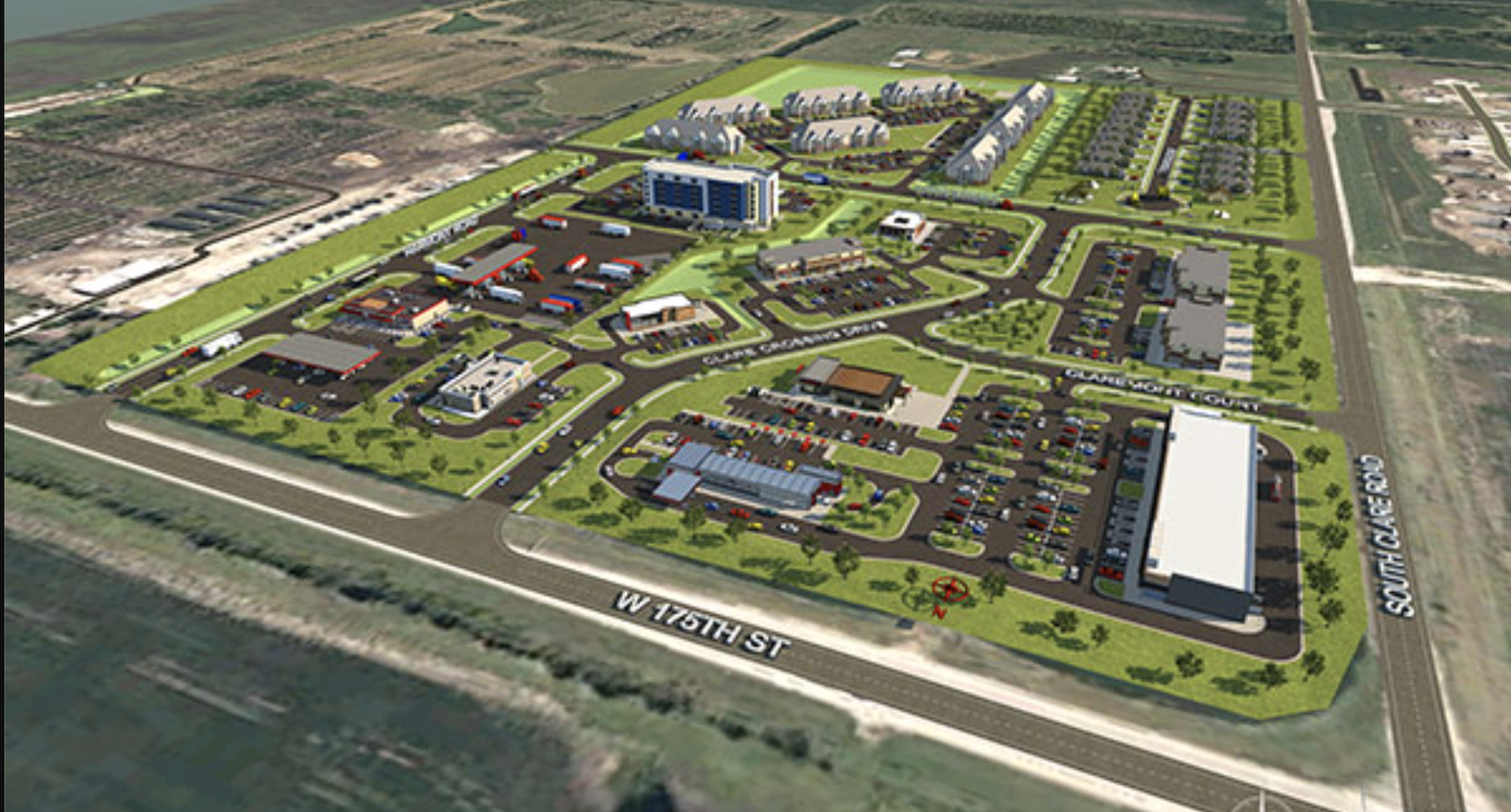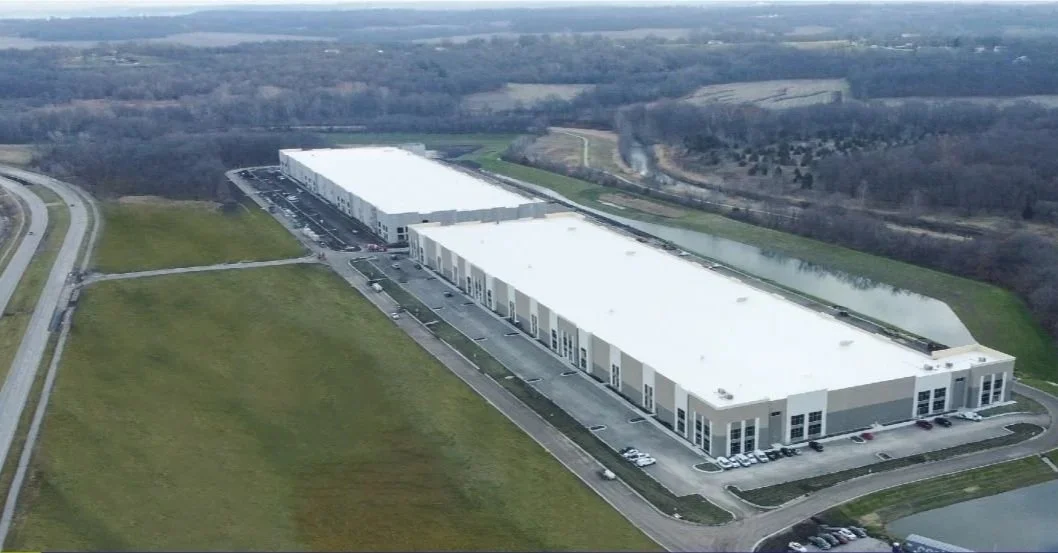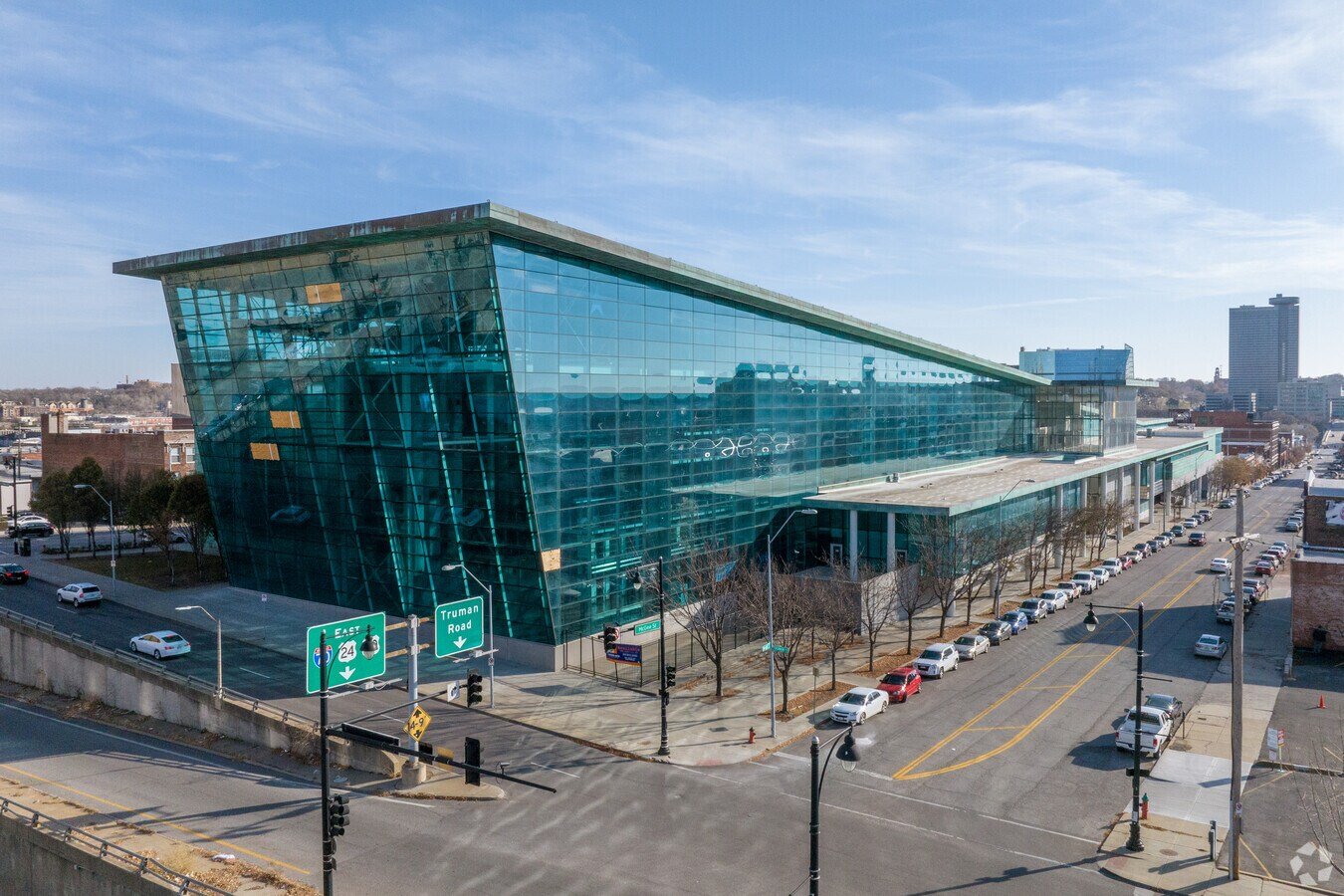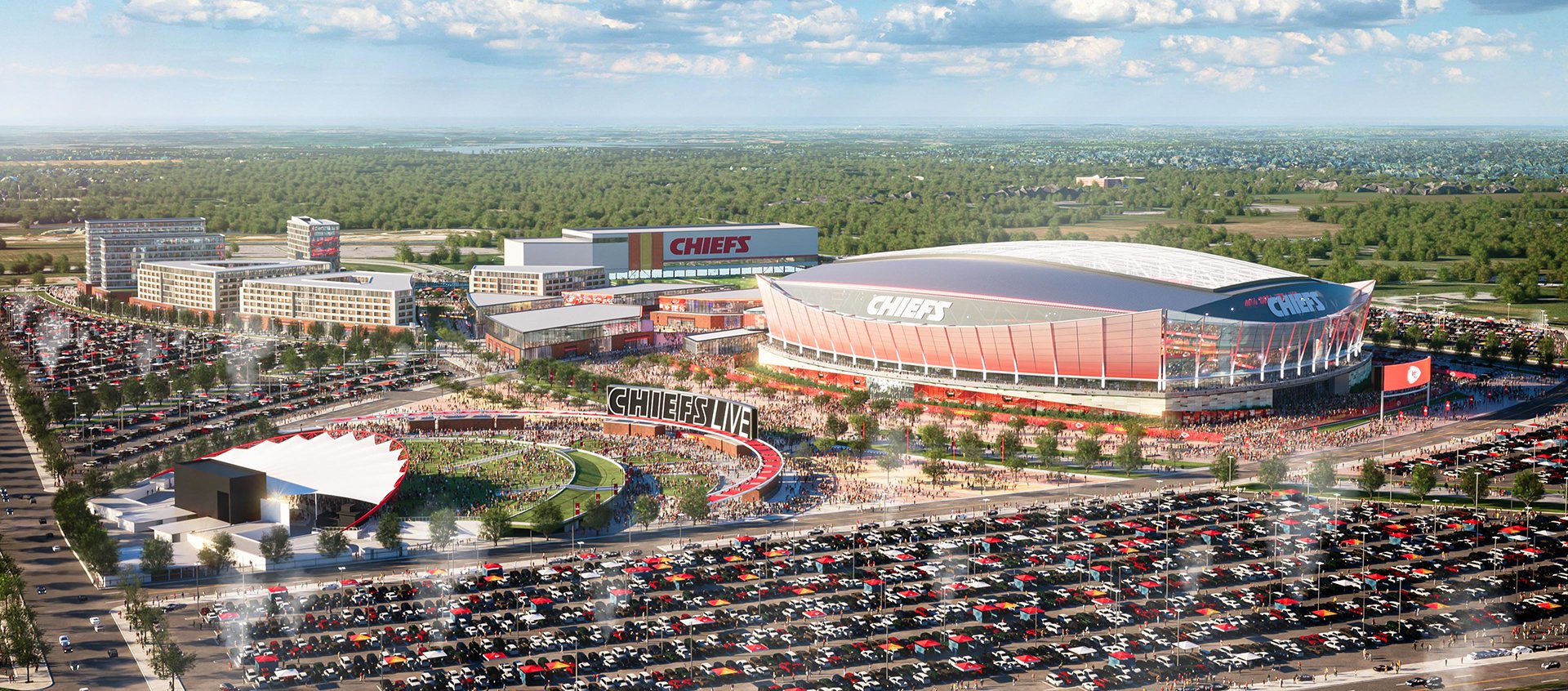Dr. Tracy Brower, a Ph.D. sociologist and a principal with Steelcase, joined CoreNet Global KC and moderator, David Brite, strategic account manager at Steelcase, on a live webcast event yesterday.
Dr. Brower, who studies the sociology of work and the changing nature of work, workers and the workplace for Steelcase's Applied Research + Consulting group, discussed her expertise and perspective on working from an office versus working from home.
“One of the things we know is that it’s not an either/or (situation). Some amount of work from home will continue; but, we know the office is utterly critical and we know that it is so important to our success moving forward,” said Dr. Brower.
Dr. Brower contends that the office cannot and must not go away for several reasons.
The first reason has to do with innovation.
“When we’re in the office together, we can move so much more quickly and we have this unimpeded fast flow of ideas. We just can’t go fast enough using technology. When you’re in person, you’re in a room together, building on each other’s ideas and you’re interrupting each other in a constructive way. That fast flow is critical for innovation,” said Dr. Brower.
Another reason the office must stay relates to talent and engagement.
“We want to keep people engaged, we want to retain talent, and that’s harder to do when people are home,” said Dr. Brower.
In addition, Dr. Brower contends that the office is critical for reasons of humanity and empathy.
“There is an absolute scientific connection between our ability to be present with other people and our health and well-being. When people are connected with others—person to person and not just connected through technology—they have less morbidity and less mortality. It is our instinct to come together in groups,” Dr. bower said.
Purpose is another critical reason to preserve the workplace.
“When we are together in a place, it makes a really big difference in terms of our common sense of purpose,” said Dr. Brower.
Related to purpose is energy.
“There’s something about being together that tends to energize us and motivate us,” she said.
Dr. Brower contends that communications effectiveness is another reason we need the office.
“When we have information density, it means that more people know more things immediately. It helps us stay aligned, and it helps us get things done. .We need to feel like we are tuned in. We need to feel like we’re in the loop in terms of information,” she said.
Another reason the office is critical relates to variety and movement. When we are at home, our brains become really bored. We need the variety and routine of getting out, Dr. Brower said. In addition, working solely from home causes us to experience temporal disintegration.
“That is the scientific reason that you don’t know what day it is. It’s a lot easier to remember when we can link the memory to physical locations that are different,” she acknowledged.
According to Dr. Brower, we also need to maintain boundaries. A little separation between home and office life is healthy.
Finally, the reason the office must not go away relates to culture.
“Culture is what people do when no one is looking. When we sent everybody home, we just didn’t have the same opportunities anymore to experience our culture. We can’t just look up and run into our leader who’s walking through the space and check in. We can’t look up and see our teammates around us,” she said.
“Familiarity breeds acceptance. The more we see people, the closer our relationship will be. The more we see certain information, the more we’re used to things, the more we tend to accept them and like them.”
Being together in the workplace breeds our ability to bring diverse ideas together. “It helps us to feel like we can bring our best and like we are accepted to a greater extent within our broader culture as well,” noted Dr. Brower.
“We know we can work from home effectively. We’ve been doing it. We’ve also been hearing that people are starting to hit a wall. And we’re hearing that we know the workplace is more important than ever. So if there is a silver lining here, we are really, really understanding how important the office is because we just don’t have access to it in the same way anymore,” Dr. Bower concluded.







